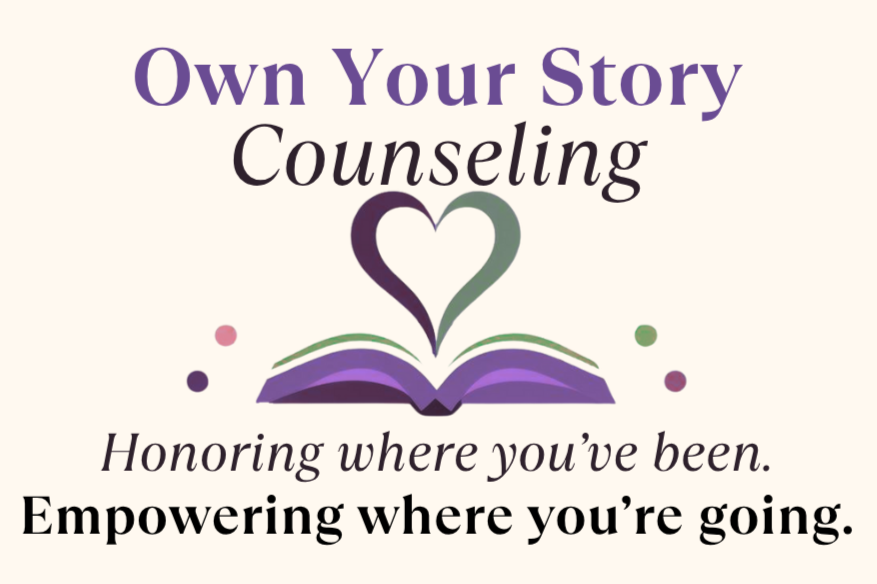The Invisible Weight: Why You’re So Tired, Even When You’re “Doing Nothing”
Why Am I Always Tired? Understanding the Mental Load and Emotional Exhaustion
Have you ever woken up feeling like you’ve already run a marathon—before your feet even hit the floor?
You didn’t pull an all-nighter. You didn’t do heavy physical work yesterday. And yet, you’re exhausted before the day even begins. If this is a familiar scene, you’re not alone, and you’re definitely not imagining it.
It’s Not “Just in Your Head” — It’s in Your Whole Body
When we think about exhaustion, we usually think about physical effort: running, lifting, scrubbing, chasing after kids.
But here’s the thing: your body can be completely still while your brain is working overtime.
You’re planning next week’s schedule while making breakfast.
You’re replaying last night’s conversation with your friend to make sure you didn’t say something wrong.
You’re silently running damage control at work so nothing “slips.”
You’re keeping a mental grocery list, a project deadline, and a family to-do list in your head all at the same time.
This is called the mental load, and it’s exhausting in ways most people can’t see.
Emotional Labor Counts as Work
It’s not just the logistics you’re juggling, it’s also the emotional side of it:
Trying to manage everyone’s mood so no one gets upset
Anticipating what might go wrong before it happens
Being the “calm one” or “responsible one” for others
Silencing your own needs to keep the peace
This invisible work is called emotional labor, and it’s one of the biggest reasons why so many women and young adults feel worn down without understanding why.
Why Anxiety and Perfectionism Make It Worse
If you’re prone to anxiety, self-doubt, or perfectionism, your brain is likely in constant preparation mode.
You’re scanning for problems, running through possible scenarios, and rehearsing responses “just in case.”
That’s not just mentally tiring, it can be physically draining, too.
Your nervous system stays in a low-level state of alert, which keeps your body from truly resting.
You’re Not Lazy, You’re Overloaded
I can’t stress this enough: feeling tired doesn’t mean you’re weak, lazy, or doing something wrong. It means your mind has been carrying more than it’s built to hold without relief.
Rest isn’t a reward you earn after you’ve done “enough.” It’s something your body and brain require to function.
3 Small Ways to Lighten the Load
You don’t have to overhaul your life overnight to start feeling a difference.
Here are three small shifts you can make right now:
Schedule “Nothing Time”
Put it in your calendar like an appointment. No multitasking allowed. This is your mental recovery time, even if it’s just 10 minutes.Lower the Bar for “Enough”
Ask yourself: what’s the bare minimum that truly matters today? Give yourself permission to let the rest wait.Practice Micro-Boundaries
It’s not always about saying no to everything. It’s about saying yes only when you mean it. Even skipping one extra task is a step toward balance.
The Bottom Line
If you’re running on empty all the time, there’s a reason. You’re not broken. You’re burdened.
You deserve more than surviving on fumes. Therapy can help you unpack the mental and emotional load you’re carrying so you can breathe easier, rest more deeply, and actually have energy for the things that matter to you.
If this feels familiar and you’re ready to stop feeling so worn down, I can help.

